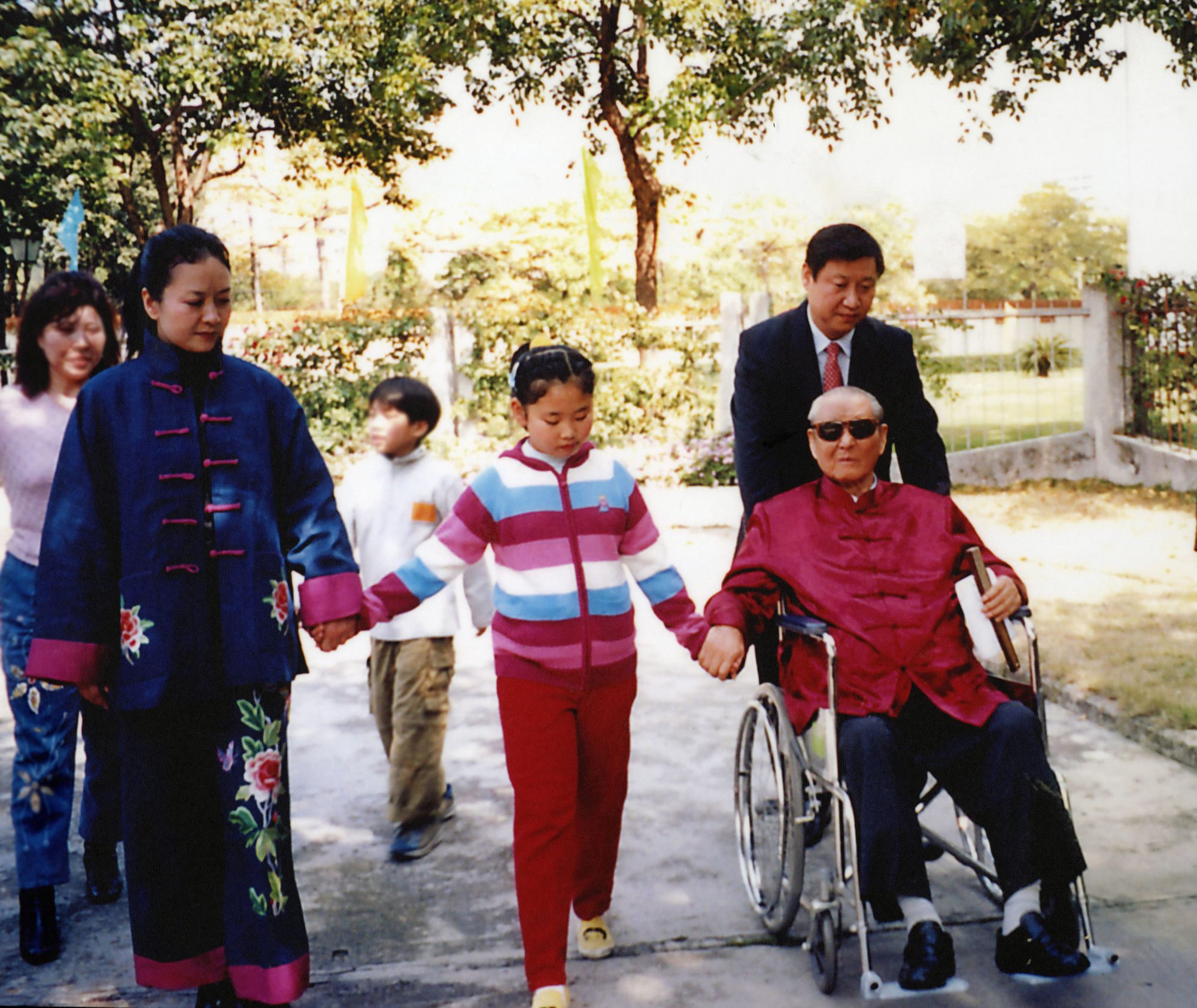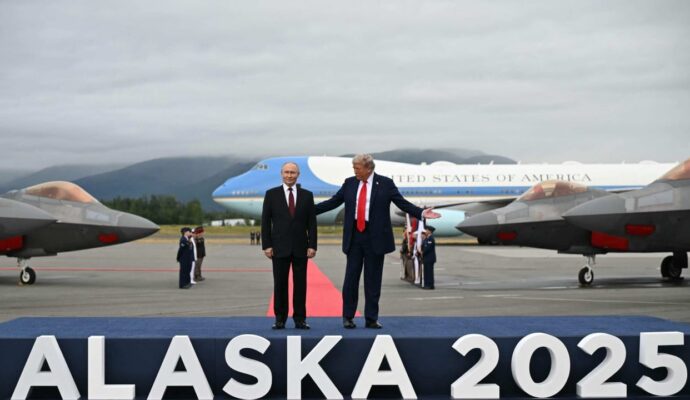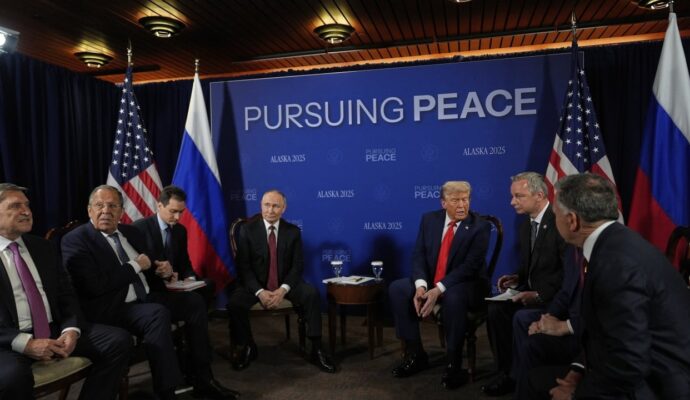“To promote the reform and opening up of Guangdong in the new era … we must carry forward the spirit of reform and opening up, and inherit the fine revolutionary traditions of the older generation of proletarian revolutionaries like Comrade Xi Zhongxun,” Huang was quoted by Nanfang Daily, Guangdong’s party newspaper.

Huang pressed local cadres to learn from Xi Zhongxun’s revolutionary spirit and courage to reform and innovate, to seize development opportunities in the Guangdong-Hong Kong-Macau Greater Bay Area, and push forward on reforms, opening up, and innovation.
Officials in Shaanxi, the home province of the elder Xi, delayed a commemoration of the 90th anniversary of the establishment of a revolutionary base in the province co-founded by him, which had been set for March.
Shaanxi provincial party chief Zhao Yide delivered a speech at the event, while the governor, Zhao Gang, presided over the event, according to the official Shaanxi Daily.
Recounting the revolutionary stories of previous communist leaders, Xi Yuanping said the commemoration was intended to remember the party’s original aspirations, its connection with the people, and to “pass on the red gene from generation to generation”.
Album showcasing life of Xi Jinping’s father is latest bid to raise president’s popularity
Album showcasing life of Xi Jinping’s father is latest bid to raise president’s popularity
During Communist Party revolution in the 1930s, the elder Xi helped to establish guerilla bases in the northwestern provinces of Shaanxi and Gansu with another famous communist leader, Liu Zhidan. Xi was in charge of implementing Communist governance in the newly seized areas of the northwest in the 1940s, and was known for his moderate policies and use of non-military means to pacify rebellious areas.
After the chaos of the time, he was reappointed to top lea
CCTV series tells the story of Xi Zhongxun
CCTV series tells the story of Xi Zhongxun
dership roles in Guangdong from 1978 to 1981, where he began efforts to help liberalise the economy and became a key figure to push for establishment of special economic zones, under former Chinese leader Deng Xiaoping.
He died in 2002 at the age of 89.
In 2013, Beijing hosted a high level seminar to commemorate the 100th anniversary of the elder Xi’s birth, which was attended by the president and his family. Similar events are not expected this year as they are usually only reserved for birth centenaries of deceased leaders.


